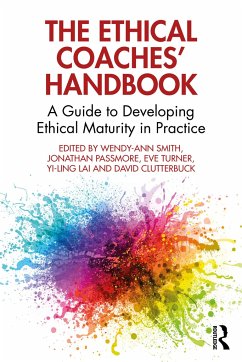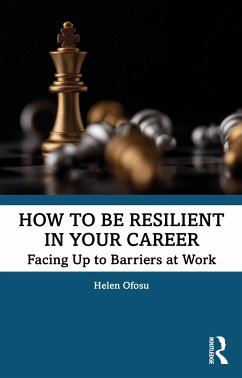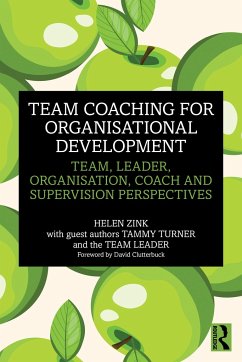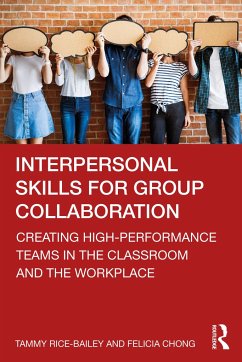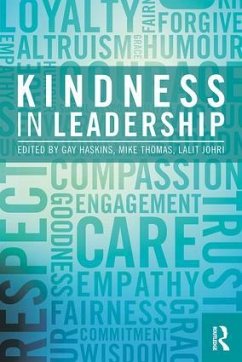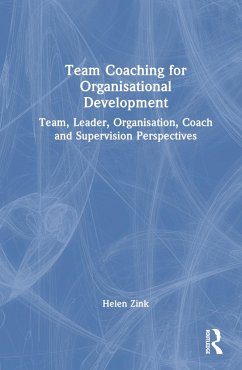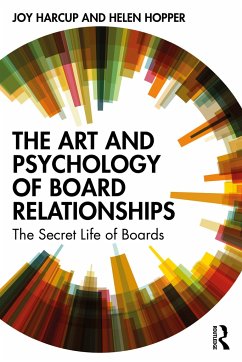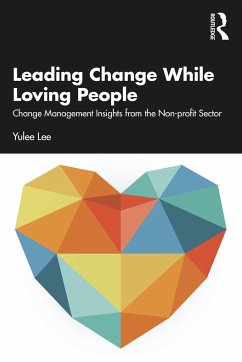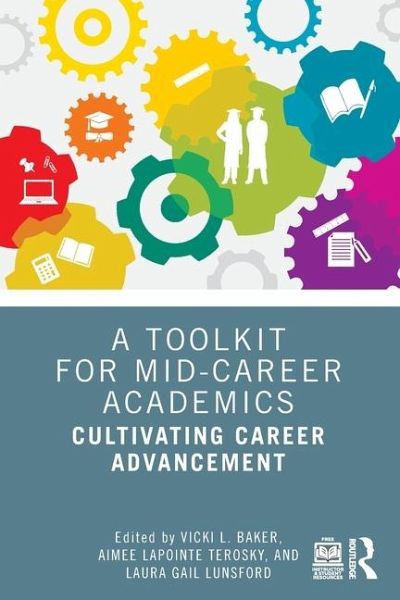
A Toolkit for Mid-Career Academics
Cultivating Career Advancement
Herausgegeben: Baker, Vicki L.; Terosky, Aimee LaPointe; Lunsford, Laura Gail
Versandkostenfrei!
Versandfertig in 6-10 Tagen
43,99 €
inkl. MwSt.
Weitere Ausgaben:

PAYBACK Punkte
22 °P sammeln!
Mid-career faculty are the backbone of the college and university workforce and represent the largest population of faculty in the academy, yet they face myriad challenges that hinder career satisfaction and advancement.This book offers action-oriented tools to engage (or re-engage) mid-career programming at the individual faculty, institutional, consortial, and grant-funded levels. Bringing together leading scholars and practitioners engaged in research and practice, this edited volume offers solutions to two driving questions faced by mid-career faculty: "what's next" and "how to navigate." ...
Mid-career faculty are the backbone of the college and university workforce and represent the largest population of faculty in the academy, yet they face myriad challenges that hinder career satisfaction and advancement.
This book offers action-oriented tools to engage (or re-engage) mid-career programming at the individual faculty, institutional, consortial, and grant-funded levels. Bringing together leading scholars and practitioners engaged in research and practice, this edited volume offers solutions to two driving questions faced by mid-career faculty: "what's next" and "how to navigate." This focus on both what and how highlights critical issues and challenges associated with mid-career coupled with specific tools and strategies to successfully navigate from diverse stakeholder perspectives. Jargon-free and rich with stories from the field, each chapter can serve as a stand-alone resource, be read in order as presented, or be read non-sequentially based on the reader's specific needs.
Mid-career faculty, including non-tenure-track and community college academics, will welcome the resources, tools, and strategies featured throughout this book, the "pocket professional development mentor" to help create more inclusive and equitable programming at multiple levels.
This book offers action-oriented tools to engage (or re-engage) mid-career programming at the individual faculty, institutional, consortial, and grant-funded levels. Bringing together leading scholars and practitioners engaged in research and practice, this edited volume offers solutions to two driving questions faced by mid-career faculty: "what's next" and "how to navigate." This focus on both what and how highlights critical issues and challenges associated with mid-career coupled with specific tools and strategies to successfully navigate from diverse stakeholder perspectives. Jargon-free and rich with stories from the field, each chapter can serve as a stand-alone resource, be read in order as presented, or be read non-sequentially based on the reader's specific needs.
Mid-career faculty, including non-tenure-track and community college academics, will welcome the resources, tools, and strategies featured throughout this book, the "pocket professional development mentor" to help create more inclusive and equitable programming at multiple levels.






